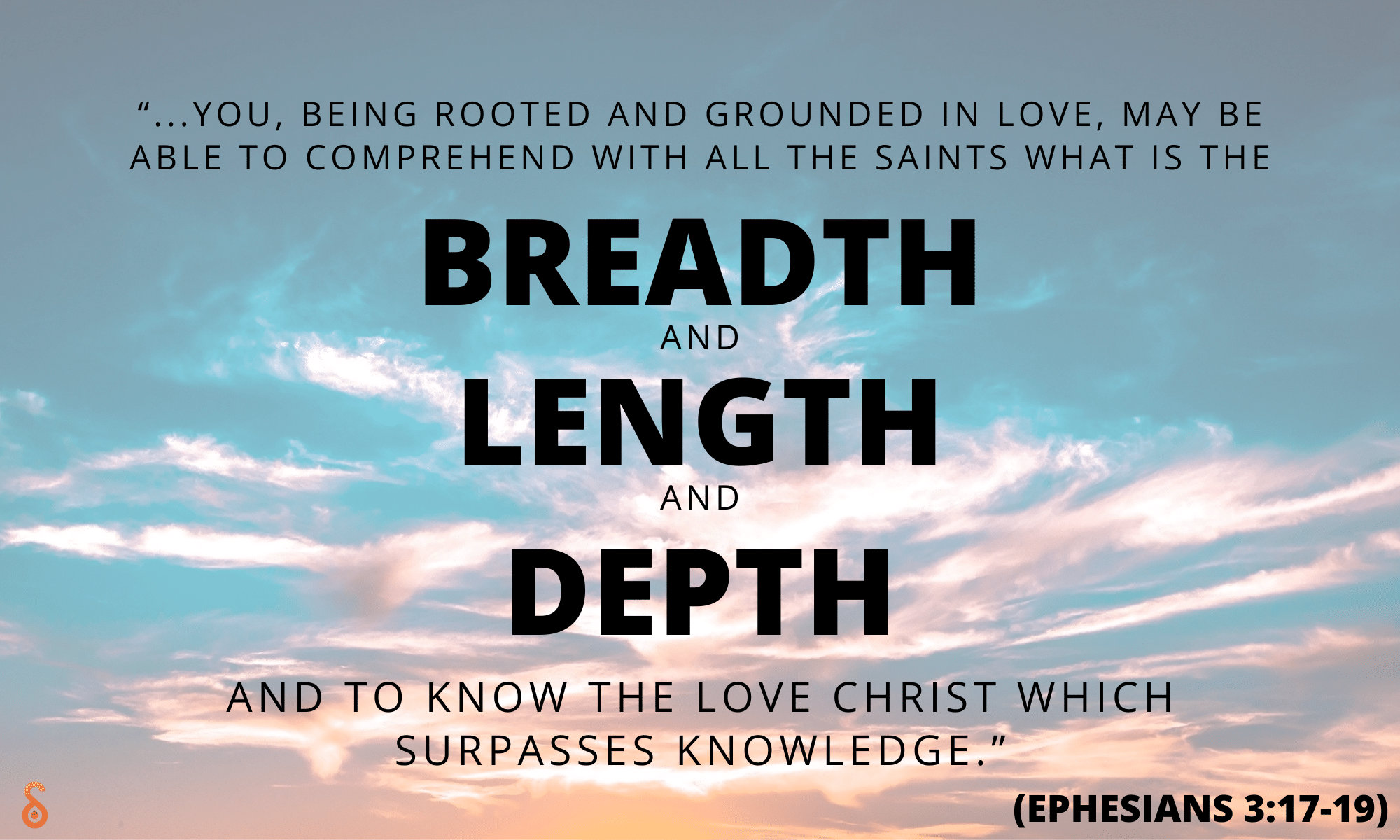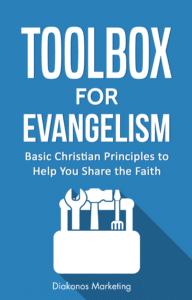If you’ve never heard of NaNoWriMo, it stands for National Novel Writing Month.
It’s basically an informal “holiday” of sorts that was started around 25 years ago by a bunch of budding authors that were each challenged to write 50,000 words (usually as part of a novel) in the month of November.
Since the average length of a novel is right around the 90k mark, that means you would essentially have more than half of a novel written in a single month. That’s way faster than someone like Stephen King writes, but hey, this is more about getting started than churning out the new great American classic.
I know what you’re thinking, though: “Brady, I have zero interest in writing a novel. I don’t read anything but C.S. Lewis and A.W. Tozer. If I’m feeling particularly saucy, I might dabble with some G.K. Chesterton, but that’s rare.”
I hear you. I’m not much of a novel writer either; all of my books combined probably aren’t more than 200k words.
But dedicating an entire month to an ambitious goal like this is about more than just living out your artistic fantasies. For Christians, it could be about deepening your faith in ways you never thought of before.
NaNoWriMo as a Spiritual Discipline
In 1 Corinthians 7:5, Paul tells married couples that they should “stop depriving each other, except by agreement for a time.” In other words, there are “duties” — to borrow Pauls’ word a few verses earlier — that, if unfulfilled, could open the door to a massive temptation for sin.
However, as Paul says, if there’s (a) an agreement by both parties, (b) the time period is limited, and (c) it’s for a purpose, then there might very well be a reason to abstain.
Specifically in 1 Corinthians 7:5, it’s to devote yourselves to prayer.
This isn’t the only time that the Scriptures talk about spending an extended period of time in a spiritual discipline.
- Colossians 4:2 – “Devote yourselves to prayer”
- 1 Timothy 4:13 – “Devote yourselves to public reading of Scripture”
- Matthew 17:21 – “This one does not come out except by fasting and prayer”
- Galatians 2:10 – “…remember the poor — the very thing I was eager to do.”
The benefit to these practices should be obvious: The more time you spend engaged in Scripture, prayer, or benevolence, the more growth you’ll see. For example, you may choose to read Ephesians 100 times in a week; by the end of that week, you’ll have a deeper and fuller understanding of that book than ever before (probably).

The same is true of something like NaNoWriMo.
If you set out at the beginning of November to write something really ambitious — say, an entire year’s worth of short, daily devotionals — you will without a doubt be stronger at the end of the month.
Your understanding of Scripture will be better, your application of it will be stronger, and your desire to know more will most likely increase as well.
Chances are, at the end of the month, you’ll want to keep going in some capacity as well.
How to Get Started
The beauty of writing is that you don’t really need a lot to get started. If you’re old school, grab a pencil. For the rest of us, a simple Word document will do just fine.
But what should you write about?
For “regular” authors, there are literally hundreds of genres of fiction and non-fiction for you to choose from. You could write a Western, how-to, space opera, or even a children’s book.
As a Christian, the options are somewhat more limited, but not by much. Here are some ideas to get your creative juices going:
- Biography: Write a biography about a Bible character. Make sure it’s true to the Text (no heresy allowed in NaNoWriMo — or anywhere else, for that matter), but feel free to let your imagination grow wild.
- Historical Fiction: A lot of authors dabble in Christian historical fiction, mainly because it’s such an open world to play in. Francine Rivers has written several stories set in the Roman world that use Christianity as a backdrop, and they’re very interesting.
- Poetry: If long-form writing isn’t your jam, try your hand at some poetry. Rather than thousands of words, poetry is about conveying emotions and truths through the quality of words, rather than the quantity. That’s pretty much what the psalms are about.
- Historical Research: This one may take more work, but if you’re interested in a deep dive on some historical period of the Bible, use November to research and write semi-scholarly material on it. If you do, be sure to send it to me though, because I love that stuff.
- Christian Romance: A quick word of warning here: Romance is waaaaay different than erotica. Whereas the latter dominates the indie charts, “sweet romance” (as its called) is more emotional. In all honesty, with how much distortion of love there is in the world today, we could use some more genuine romance stories that are wholesome.
- Fable: A fable is an allegorical story that conveys a truth. It’s meant to teach, in the same way that Jesus’ parables did. A modern-day example of this would be The Screwtape Letters, a series of letters from an older demon to a younger demon on how to tempt mankind. It’s obviously fiction, but gripping nonetheless.
- Devotional: This is essentially what I’m doing with my Bible Blog Project. It’s a series of daily devotionals that are each about 300-500 words and emailed out to readers at the end of the week. These types of books are usually easier to get started with, since most preachers are used to writing short-form content. If that’s you, take a look at writing a daily devotional.
Those are just the tip of the iceberg. By no means should you hold yourself to this list, but at least it’s something to get you started.
What if I Don’t Finish?
I’ll level with you here: 50,000 words is a lot of words. At the average typing speed of 40 words per minute, it would take 1,250 minutes to write 50,000 words.
Don’t worry if you don’t have that kind of time. Most people are swamped with a billion things in their life, so scrapping together 21 hours to dedicate solely to writing is asking a lot.
The most important thing is to do something. Even if it’s not writing.
I recognize that there are people reading this right now that are not writers, don’t want to write, and will never think of themselves as a writer. That is 100% fine with me.
The main point of something like NaNoWriMo is to challenge yourself to get better at a task. Setting a goal for yourself — even if it sounds impossible — can provide a huge psychological boost. It can also provide a kickstart for you to excel in other ways.
Whether you write or not, I’m rooting for you. Not just to complete something like NaNoWriMo, but to intentionally deepen your faith in some way.
After all, November is a good a time as any!


